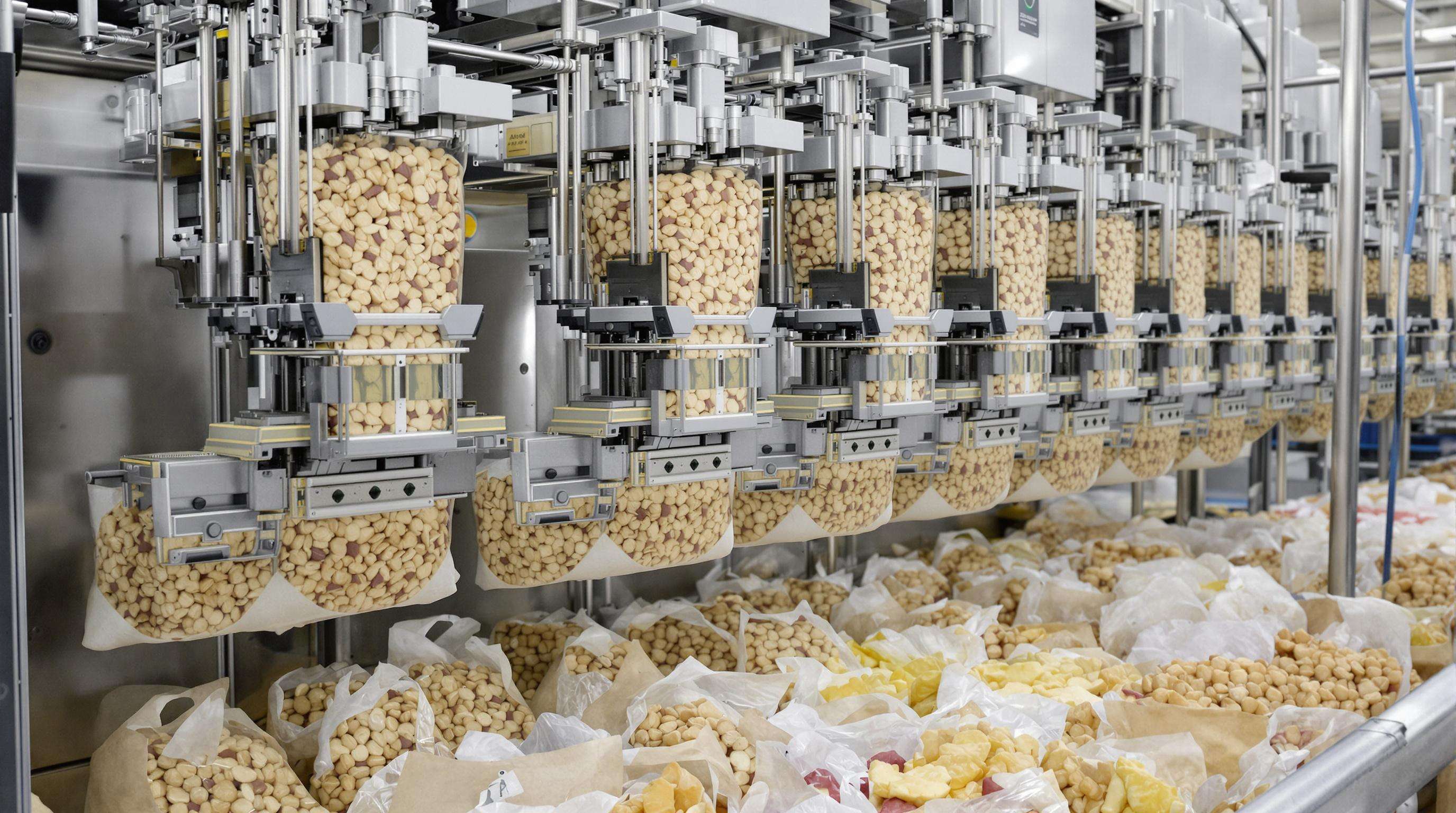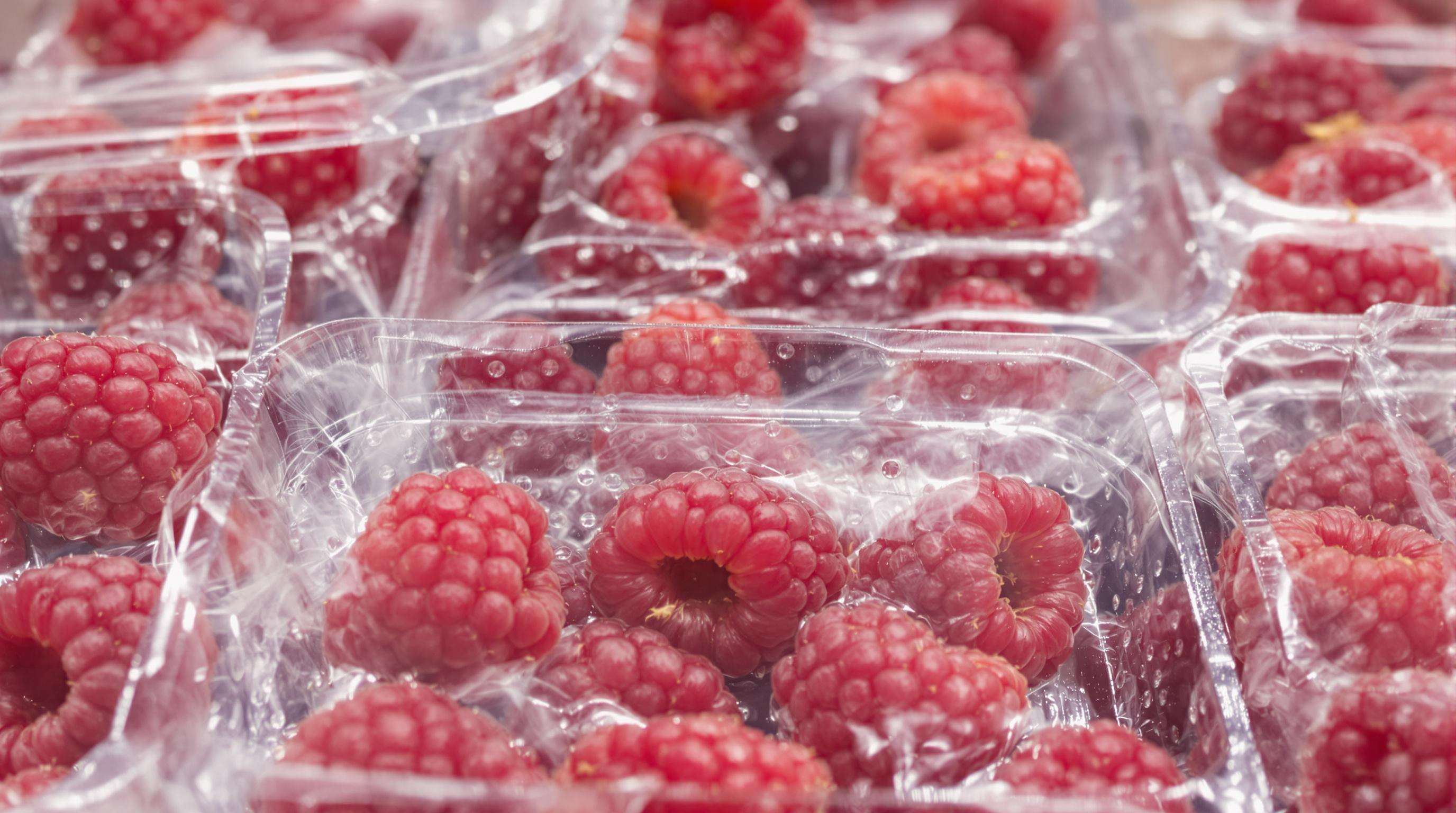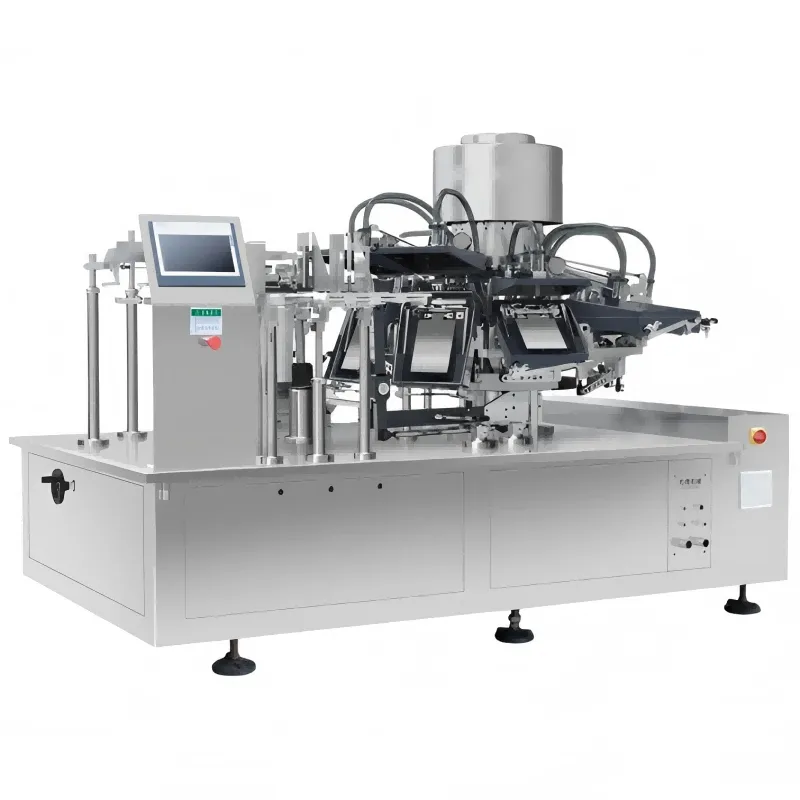Food Bagging Machines in Processed Food Manufacturing
Food bagging machine change the way of industrial processed food production because it has automated packages from filling to sealing. They accommodate product viscosities—andere have been as viscous as tomato paste, and others are dehydrated soups—maintaining the integrity of product. Quality serves are automatically monitored and if volume deviation exceeds ±0.5% the system will adjust pumps and rams while the line is running. This allows for 24/7 operations and labor savings up to 40%.
Automation in Packaging for 24/7 Production Lines
Industrial-grade food bagging equipment integrates seamlessly with upstream processing systems. Smart conveyor synchronization maintains throughput during peak demands, while self-diagnostic modules predict 85% of potential failures through vibration and thermal monitoring. Variable frequency drives optimize energy consumption, reducing operational costs by 18%.
Hygienic Design Standards for Ready-to-Eat Meals
Sanitation-critical zones use antimicrobial stainless steel (AISI 316L) with electro-polished surfaces below 0.4µm Ra roughness. Quick-release mechanisms in seal jaws enable deep-cleaning within 90 seconds, while positive-pressure air curtains reduce contamination risks by 67%. All food-contact areas comply with SQF Edition 9 standards.
30% Waste Reduction Through Precision Portion Control

Multi-head weighers with AI-driven algorithms achieve 99.3% portioning accuracy across diverse product densities. Real-time fill compensation prevents ingredient giveaway, reducing raw material waste by 30% compared to volumetric methods. This yields annual savings of $740k for mid-sized processors.
Revolutionizing Bakery Operations with Food Bagging Machines
Modified Atmosphere Packaging for Crumb-Free Cookies
Modified atmosphere packaging (MAP) displaces oxygen with nitrogen or carbon dioxide, maintaining crispness for 30 days—critical for e-commerce. MAP-capable systems reduce customer complaints related to breakage by 18%.
Anti-Fog Films for Freshly Baked Artisan Breads
Anti-fog films diffuse moisture into transparent layers, preventing sogginess while maintaining product visibility. Bakeries can package loaves at 95°F within seconds of cooling, preserving premium branding.
Energy Recovery Systems in High-Temp Environments
Closed-loop thermal recovery systems capture waste heat from ovens to preheat sealing elements, reducing energy consumption by 15-30%. Built-in cooling mechanisms prevent motor overheating in thermal-intensive environments.
Sustainable Fresh Produce Packaging via Food Bagging Machines
Perforation Technology for Berry Respiration Control

Micro-perforated films maintain optimal CO₂/O₂ balance (3%–10%), extending berry shelf life by 3–5 days. Raspberry packers report 22% less mold incidence compared to non-perforated alternatives.
Compostable Material Integration Success Stories
Plant-based films, such as PLA-cassava starch blends, achieve full biodegradability while maintaining 45-day shelf life. Vertical farms adopting seaweed-derived packaging eliminate 28 tons of annual plastic waste.
Cold Chain Compatibility for Leafy Greens
Specialized films with anti-fog additives and humidity control reduce ice crystallization by 34% at 1°C. Lettuce retains optimal water activity levels 60% longer than conventional vacuum bags during distribution.
Advanced Pharmaceutical Packaging Applications
Moisture Barrier Performance in Vitamin Sachets
Multi-layered films with aluminum-laminated exteriors achieve water vapor transmission rates below 0.1 g/m²/day, preserving potency of vitamins like C and B-complexes.
Tamper-Evident Seals for OTC Medication Pouches
Frangible lids and laser-etched breakaway patterns provide tamper verification per FDA 21 CFR Part 211, preventing resealing counterfeiting.
GMP Compliance in Nutraceutical Powder Packaging
ISO Class 5 air purity, closed-loop dust extraction, and servo dosing within ±1% accuracy ensure compliance in nutraceutical powder filling.
High-Capacity Solutions for Pet Food Manufacturers
Heavy-Duty Construction for 50kg Kibble Bags
Reinforced chassis and dual-servo technology manage 50kg filling cycles with 98% uptime, minimizing spillage and operator fatigue.
Multi-Layer Barriers Against Fat Oxidation
EVOH and PET layers achieve <0.5 cc/m²/day oxygen transmission, delaying rancidity by 40% while eliminating synthetic preservatives.
Smart Labeling Systems for AAFCO Compliance
Vision verification ensures 100% label accuracy, while dynamic QR codes encode batch-specific nutritional statements, reducing recall risks by 62%.
FAQ
What types of products can food bagging machines handle?
Food bagging machines can accommodate a wide range of products, from viscous materials like tomato paste to dehydrated soups, effectively maintaining product integrity throughout the packaging process.
How do food bagging machines ensure hygiene during packaging?
Hygienic standards include using antimicrobial stainless steel, quick-release mechanisms for deep cleaning, and positive-pressure air curtains that significantly reduce contamination risks.
What sustainability measures are integrated into food bagging machines?
Sustainability features include compostable and plant-based packaging materials, as well as technologies like perforation and anti-fog films that extend product shelf life and reduce waste.
Can food bagging machines help reduce operational costs?
Yes, through features like automated portion control, smart conveyor synchronization, and variable frequency drives, food bagging machines can significantly reduce raw material waste and operational costs.
Table of Contents
- Food Bagging Machines in Processed Food Manufacturing
- Automation in Packaging for 24/7 Production Lines
- Hygienic Design Standards for Ready-to-Eat Meals
- 30% Waste Reduction Through Precision Portion Control
- Revolutionizing Bakery Operations with Food Bagging Machines
- Modified Atmosphere Packaging for Crumb-Free Cookies
- Anti-Fog Films for Freshly Baked Artisan Breads
- Energy Recovery Systems in High-Temp Environments
- Sustainable Fresh Produce Packaging via Food Bagging Machines
- Perforation Technology for Berry Respiration Control
- Compostable Material Integration Success Stories
- Cold Chain Compatibility for Leafy Greens
- Advanced Pharmaceutical Packaging Applications
- Moisture Barrier Performance in Vitamin Sachets
- Tamper-Evident Seals for OTC Medication Pouches
- GMP Compliance in Nutraceutical Powder Packaging
- High-Capacity Solutions for Pet Food Manufacturers
- Heavy-Duty Construction for 50kg Kibble Bags
- Multi-Layer Barriers Against Fat Oxidation
- Smart Labeling Systems for AAFCO Compliance
- FAQ

